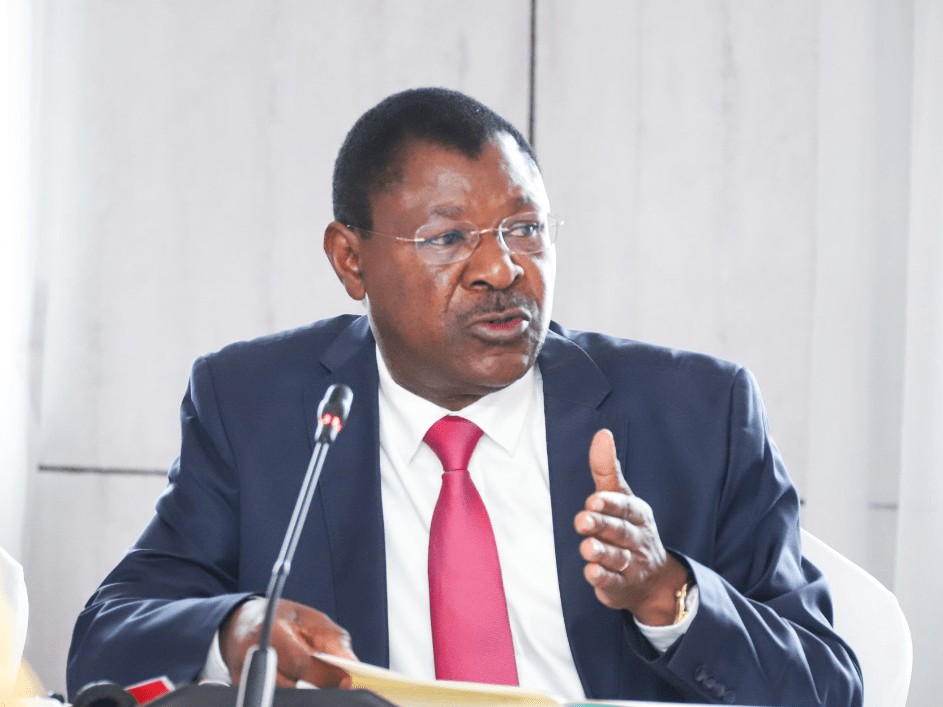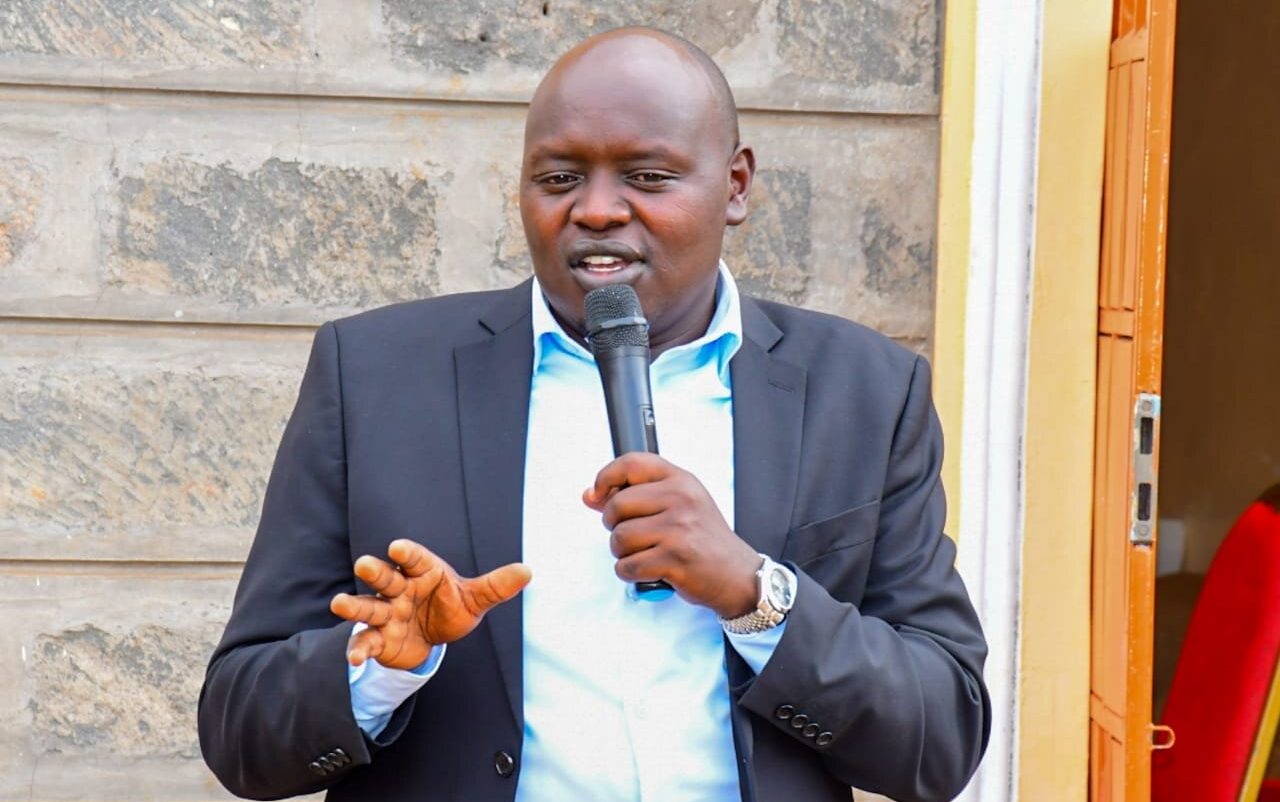National Assembly Speaker Moses Wetang’ula has announced that the Finance Bill 2024 will be the primary focus of parliamentary proceedings when the House reconvenes after a three-week recess.
Speaking to the press, Wetang’ula detailed President William Ruto’s decision to reject the bill and returned it with a detailed memorandum rejecting all its provisions.
Wetang’ula said the memorandum, along with the rejection, will be considered by the House, noting that the MPS will have to vote on it.
Wetang’ula noted that, according to their standing orders, any attempt to overturn the president’s decision requires the support of two-thirds of the House members.
“As you are aware, the President declined to assent to the Finance Bill 2024 and sent it back with a memorandum indicating he had rejected all clauses of the bill.
“The memorandum and rejection will be part of the business of the House. Under our standing orders, when the President sends a memorandum of that nature, any member who wants to overturn it must garner two-thirds of the House,” Wetang’ula stated.
He clarified misconceptions about the bill’s status, noting that the bill does not automatically take effect within 14 days if rejected as reported.
Wetang’ula reported that there are no such provisions in the law, and the bill remains in a state of uncertainty until the next vote by MPs.
“We will be placing the memorandum before the house. This also addresses the issue that I have seen in the media: that the bill was going to be operational within 14 days of rejection. That is not true, and we have no provisions under law or in the law for that. The bill is in limbo, purgatory, awaiting the next vote in the house,” Wetang’ula said.
Ruto’s decision
On June 26, 2024, President Ruto declined to sign his controversial Finance Bill 2024 following deadly protests calling for its withdrawal.
Adding, “Articles 221 and 222 of the Constitution mandate the Assent to the Appropriations Bill by June 30th annually to ensure seamless government operations, particularly in delivering critical services.”
Ruto directed the National Treasury to quickly prepare supplementary estimates to cut expenditures by the amount expected from the rejected Finance Bill 2024.
He explained that the reduction, amounting to Ksh346 billion, would be fairly distributed between the national and county governments, including adjustments across the executive, legislature, judiciary, and constitutional commissions.
“I have therefore assented to the Appropriations Bill 2024 and instructed the National Treasury to immediately prepare supplementary estimates to reduce expenditure by the amount of revenue that was expected to be generated by the rejected Finance Bill 2024.
“The reduction in expenditure, amounting to Ksh346 billion, will be borne equitably by both levels of government: the national and county governments. With respect to the national government, the reduction will be borne by the executive, the legislature, the judiciary, and our constitutional commissions,” he added.










